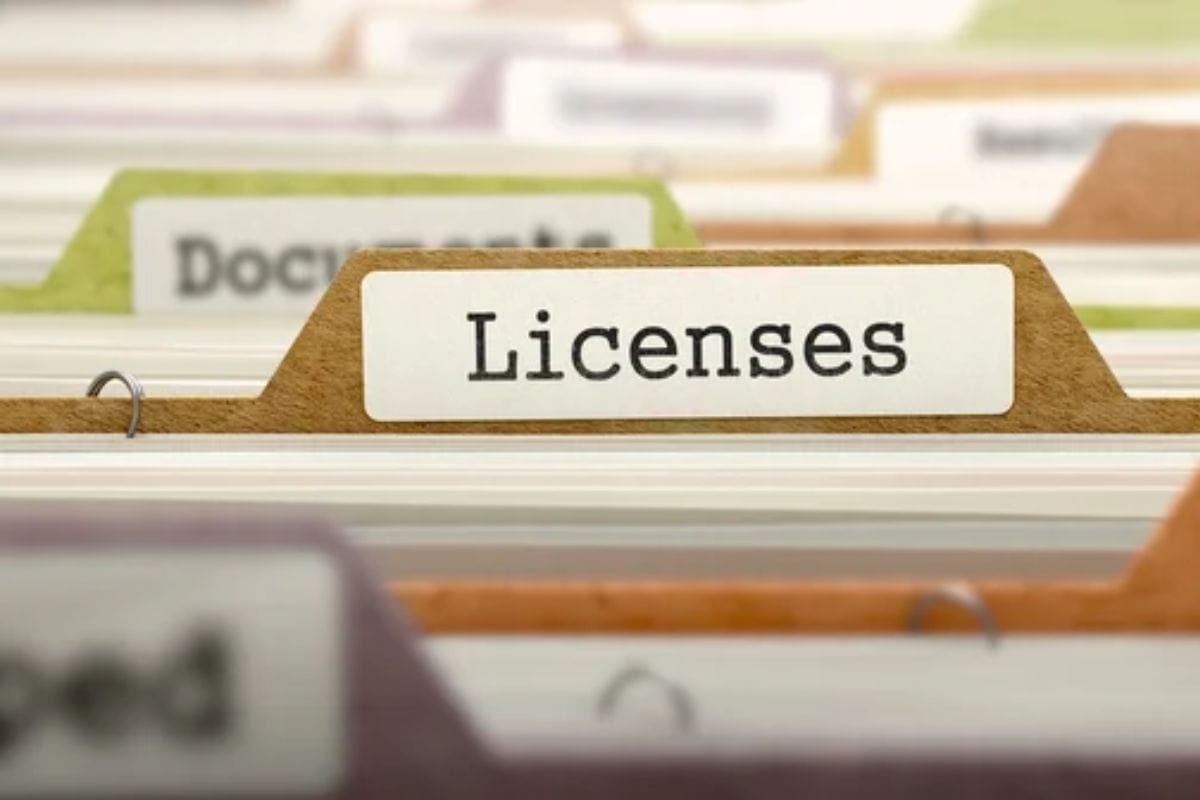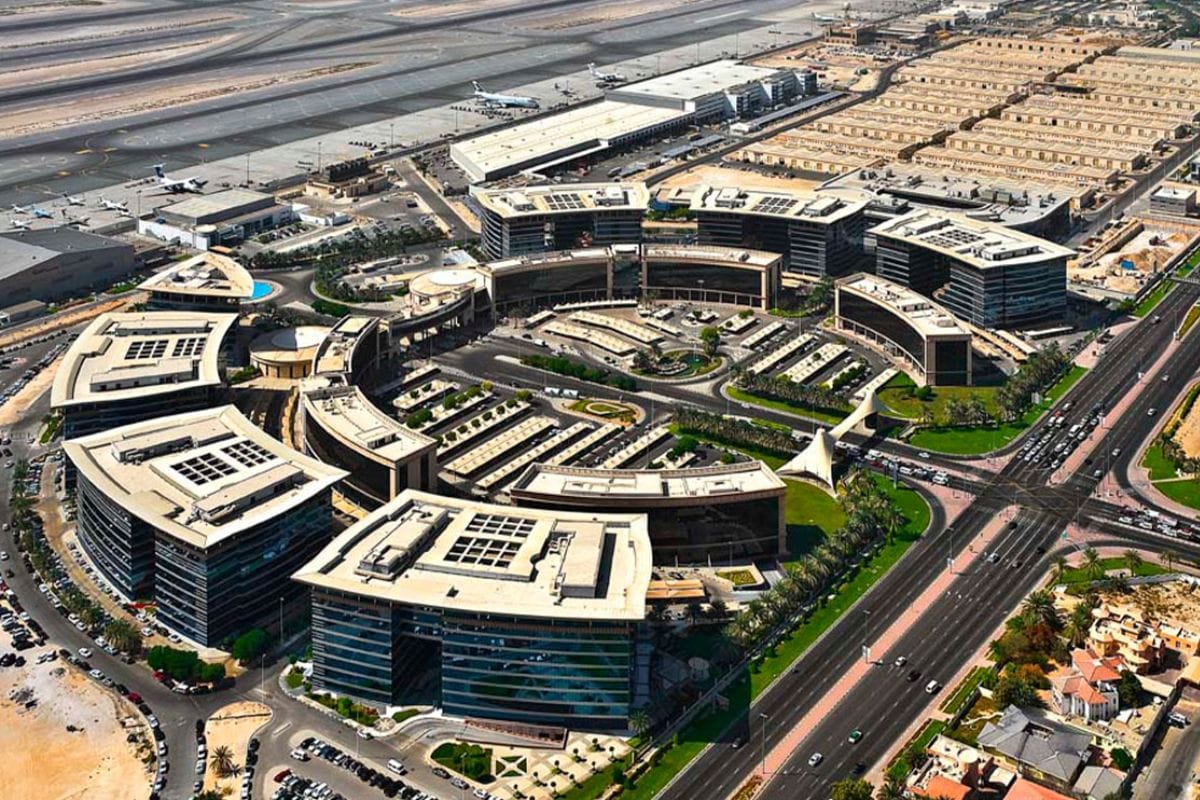What does it truly take to turn a visionary idea into a thriving business? For aspiring entrepreneurs, navigating the maze of regulations and costs is often the first hurdle on the path to success.
From understanding local laws to securing the necessary permits, each step is crucial in laying a solid foundation for a new venture. In bustling economic hubs, particularly in regions that foster growth and innovation like Dubai, the licensing process can significantly impact the ease of starting a business.
Explore the complexities of small business licensing costs in Dubai, examining how diverse factors—such as the type of business, its location, and the specific industry—impact the financial environment for aspiring entrepreneurs eager to establish their presence.
General Cost Range for Small Business Licenses

In Dubai, the cost of obtaining a small business license varies significantly based on several factors, primarily the type of business, location and the specific regulatory requirements. Generally, entrepreneurs can expect to pay between AED 5,500 and AED 30,000 for a small business license. This broad range encompasses essential fees, such as the initial approval, trade name reservation, and the actual license fee itself, which typically starts around AED 5,000 and can increase based on the business activity and its classification.
Apart from the license fees, entrepreneurs should also consider additional costs such as:
- Office Space Rental: Renting office space can add 2.5% to the total license cost, particularly in mainland settings.
- Local Sponsorship Fees: For businesses outside free zones, local sponsorship is often required, which may incur additional costs.
- Regulatory Fees: Depending on the type of business, there may be regulatory fees, such as trade name registration or initial approvals.
Types of Licenses

When starting a small business in Dubai, understanding the various types of licenses available is crucial, as each license caters to different business activities. Here’s a detailed breakdown of the main types of business licenses in Dubai:
- Commercial License: This license is essential for businesses engaged in trading activities, including retail, wholesale, and import/export operations.
- Professional License: Aimed at individuals providing professional services such as consultancy, education, or medical services, this license is vital for freelancers and service-oriented businesses.
- Industrial License: Necessary for companies involved in manufacturing and industrial activities, this license supports the operational needs of factories and production units.
- Tourism License: Required for businesses that provide travel and tourism services, such as travel agencies, tour operators, and hospitality services, this license helps regulate the tourism sector.
- E-commerce License: As online businesses gain traction, this license is essential for companies that operate primarily through digital platforms.
- Free Zone License: Businesses registered in Dubai's free zones benefit from incentives like tax exemptions and full foreign ownership, making this license attractive for various industries.
Factors Influencing License Costs

When considering the cost of obtaining a small business license in Dubai, several factors come into play that can significantly influence the final expenses. Understanding these factors is essential for entrepreneurs to budget effectively and navigate the licensing process. Here’s a detailed look at the key elements that impact license costs:
Business Type
The nature of the business significantly affects licensing fees. Different industries have varying regulatory requirements and risk levels. For instance, a trading company may have lower fees compared to a manufacturing business, which often requires additional permits and compliance measures.
Location
Dubai offers various licensing jurisdictions, including mainland, free zones, and offshore. Each location has distinct regulations and costs. Free zones typically offer lower fees and simplified processes for foreign investors, while mainland licenses may involve higher costs due to additional requirements, such as local sponsorship.
Business Structure
The chosen legal structure of the business, be it a sole proprietorship, partnership, or limited liability company (LLC), can influence the licensing costs. LLCs, for example, often incur higher costs due to more complex compliance requirements and documentation.
Office Space Requirements
Leasing or purchasing office space is often a prerequisite for obtaining a business license in Dubai. The size and location of the office can significantly impact overall costs. Moreover, businesses operating in specific free zones might have minimum office space requirements that affect the licensing fees.
Additional Approvals and Permits
Some businesses may require additional approvals from government authorities, especially those in regulated sectors like healthcare, education, or food and beverage. The need for specialized permits can add to the overall licensing costs.
Number of Shareholders
The number of shareholders or partners can also affect costs. For instance, businesses with multiple partners may need to pay for additional registration fees and legal services for drafting partnership agreements.
Renewal Fees
Once established, businesses must consider renewal fees, which can vary based on the type of license and any changes in regulatory requirements. Staying informed about potential increases in renewal fees is crucial for ongoing financial planning.
Professional Fees
Engaging a consultancy or legal expert to assist with the licensing process can incur additional costs. While this may increase initial expenses, it can also help streamline the process and ensure compliance with local laws.
Setting Up a Small Business in Dubai

With its strategic location, tax incentives, and supportive government policies, Dubai offers a conducive environment for entrepreneurs to launch and grow their ventures. Here's a step-by-step approach to establishing your small business in Dubai, covering everything from defining your business activity to obtaining the necessary licenses.
Step1: Define Your Business Idea
Defining your business idea is crucial for establishing a strong foundation. Here’s how to do it effectively:
- Market Research: Conduct thorough analysis to understand local trends and identify market gaps that your business can address.
- Target Audience: Define your customer demographic, including their age, income, and preferences to tailor your services or products accordingly.
- Unique Selling Proposition (USP): Establish what distinguishes your business from competitors, focusing on factors like quality, service, or innovation.
- Feasibility Analysis: Evaluate the practicality and potential profitability of your business idea, considering startup costs and expected revenue.
Step 2: Choose a Business Structure
Selecting the right business structure is crucial for your operations in Dubai. The primary options are:
- Mainland: Allows unrestricted trading within the UAE but requires a local sponsor (UAE national) for foreign investors.
- Free Zone: Offers 100% foreign ownership and tax incentives while limiting trading with the local UAE market, making it ideal for international operations.
- Offshore: Suitable for international business without a local presence, this structure provides privacy and minimal tax obligations, perfect for asset protection.
Step 3: Register Your Business Name
Registering your business name is a crucial step in establishing your presence in Dubai. Begin by brainstorming unique names that reflect your business's identity and comply with local regulations.
Check the Department of Economic Development (DED) website to ensure the name is not already in use. The name should not contain offensive language or religious references. Once you've chosen a name, submit it for approval through the DED or the relevant free zone authority.
After approval, you can officially register your name, securing it for your business operations and enhancing your brand recognition in the competitive Dubai market.
Step 4: Obtain Necessary Licenses
To obtain necessary licenses for your small business in Dubai, start by identifying the type of license required. A general trade license is essential for most businesses, while specialized licenses may be needed for sectors like food, healthcare, or education.
The application process involves submitting required documents, including your business plan, passport copies, and proof of address. Depending on the business type, you may also need additional approvals from relevant authorities, such as the Dubai Health Authority for healthcare ventures.
Ensure compliance with local regulations and pay the applicable fees to finalize the licensing process successfully.
Step 5: Find a Location
If you're setting up in the mainland, consider commercial spaces in high-traffic areas to attract customers. For those choosing a free zone, evaluate the options available, as many offer flexible office solutions like co-working spaces or dedicated offices.
Ensure the location aligns with your business type; for instance, retail businesses benefit from visibility, while tech firms might prioritize accessibility to talent. Additionally, assess costs, amenities, and proximity to suppliers and clients to ensure your chosen location supports your operational needs and growth plans.
Step 6: Apply for Visas
To apply for visas in Dubai, start with the Investor Visa, which allows business owners to reside in the UAE. Gather necessary documents, including a valid passport, proof of business ownership (like your trade license), and a no-objection letter from your local sponsor if applicable. Submit the application through the General Directorate of Residency and Foreigners Affairs (GDRFA) or online via the relevant free zone authority.
For Employee Visas, prepare documents such as employment contracts and medical fitness certificates for each employee. Approval can take a few weeks, so plan accordingly to avoid delays in your business operations.
Step 7: Open a Business Bank Account
Opening a business bank account in Dubai involves several key steps. First, research local banks to find one that meets your business needs regarding fees, services, and digital banking options. Prepare the required documents, typically including your trade license, passport copies of the business owner(s), residency visas, and a copy of the Memorandum of Association (MOA). Schedule an appointment with the bank to submit your application and documents.
After review, the bank may request additional information or clarification. Once approved, you’ll receive your account details and can start managing your business finances effectively.
Step 8: Set Up Your Accounting System
Start by selecting suitable accounting software like QuickBooks or Xero that aligns with your business size and needs. Set up your chart of accounts to categorize income, expenses, assets, and liabilities. Implement a reliable invoicing system to ensure timely payments, and track all transactions meticulously.
Additionally, establish a process for reconciling bank statements monthly to identify discrepancies. Consider hiring a local accountant or bookkeeper to ensure compliance with UAE regulations and to help with financial reporting, tax obligations, and budget management.
Step 9: Market Your Business
To effectively market your business in Dubai, start by identifying your target audience and understanding their preferences. Utilize digital marketing strategies, including SEO, social media advertising, and email campaigns, to reach potential customers. Create engaging content tailored to the local culture and interests.
Participate in networking events, trade shows, and community initiatives to build connections and enhance brand visibility. Collaborate with local influencers to leverage their following. Lastly, monitor marketing metrics to assess effectiveness, adjust strategies accordingly, and ensure a strong online presence through a well-designed website that showcases your offerings and enhances user experience.
Step 10: Stay Compliant
To ensure your business remains compliant in Dubai, regularly renew your trade license and any specialized permits. Adhere to local labor laws, including contracts, working hours, and employee rights, as outlined by the Ministry of Human Resources and Emiratisation.
Maintain accurate financial records and comply with tax regulations, even though Dubai has no personal income tax. Familiarize yourself with consumer protection laws to avoid potential disputes. Additionally, consider hiring a local legal advisor or business consultant to help navigate complex regulations and keep your business aligned with the ever-evolving legal landscape in the UAE.
e-Trader License in Dubai

If you're planning to operate out of your home or personal space, it is better to get an e-Trader License. This license in Dubai is designed for entrepreneurs looking to sell products or services online without the need for a physical office. It permits transactions through various online channels, including social media and e-commerce platforms which makes it ideal for home-based businesses and single-owner operations.
To obtain the e-Trader Licence, applicants must submit the necessary documentation to the Dubai Department of Economy and Tourism (DET) and pay a fee of AED 1,070, along with AED 300 for Dubai Chambers membership. It is crucial to secure this licence before starting any business activities, as non-compliance can incur penalties up to AED 500,000.
For those planning to manage a larger online store with extensive product offerings and higher transaction volumes, an e-Commerce Licence may be more suitable, with costs ranging from AED 5,500 to AED 30,000, depending on various factors. The e-Trader Licence is open to citizens of all nationalities, enhancing accessibility for aspiring entrepreneurs.
Also Read:















